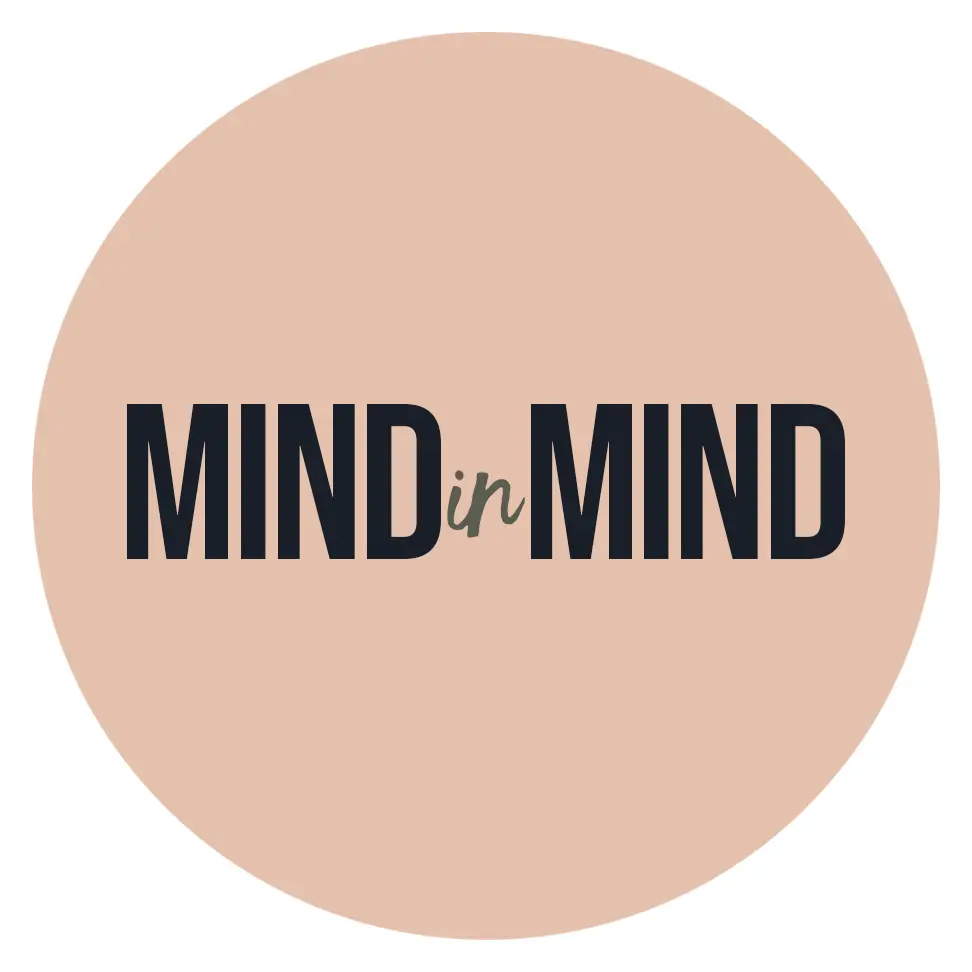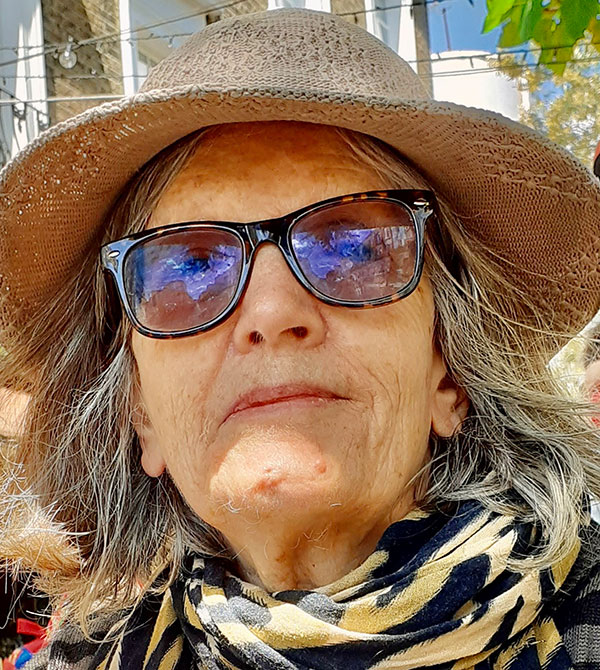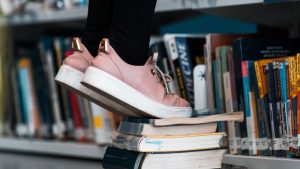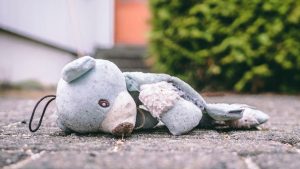
How can we help children through the emotional turmoil of Covid-19?
Written Thought Piece by Judith Edwards
Children’s Mental Health
For most children, Covid-19 has made their lives more uncertain they have ever known them to be. As the pandemic continues to rage, many countries are asking parents to keep their children at home. Without the familiarity and routines of school-life, their small worlds have shrunk and become very unpredictable. Adults as well as children are also having to grapple with uncertainty about the future.
It was hoped when news of the pandemic came to light a year ago, we would not still be in the situation of more lockdowns and continual fear for our safety, economic livelihoods and that of our loved ones.
Yet, Judith Edwards argues, if we are to protect children’s mental health, they need parents and teachers who can contain their anxieties, and mental health professionals who can bear with not knowing the outcome of this pandemic.
Judith brings many years as a Child and Adolescent Psychotherapist and a psychoanalytic lens to her understanding of the impact of the Covid-19 pandemic on child and family mental health.
In the Middle Ages we had the Plague, and reportedly Thomas Cromwell’s wife and his two young daughters died within a day when he was out on the King’s business. Now we have Covid-19, and as we all struggle to manage ourselves at this difficult time, we wonder of course about the impact on our children, and our grandchildren, mental health professionals and ‘ordinary’ parents alike.
For families who may be impoverished both emotionally as well as physically, this is so much harder, as rising referrals both of young people and of adults have shown.
The fear that’s triggered by new variants of the virus and the reimposition of some restrictions, further increases our state of ‘not knowing’ and whether there will be another Lockdown. A friend sent me a wonderful picture of a young deer, leaping and gambolling in the waves by the sea. She said she had often seen deer tracks while she camped on the beach but had no idea that the deer came down to play rather than to eat. So, can we ponder on the opposite of lock DOWN, which might be the freedom to fly UP wards, unfettered and finding new ways of experiencing the world.
As Anne Alvarez said, “Classical psychoanalysis has taught us much about the passions. Freud began with sexuality and jealousy, Klein followed with envy, guilt, loss, and reparative love and Winnicott with our need for play.” And what a vital role that has in mental health, for adults as well as children.
Bion reminded us of our need to think. And our desire to get to know. Bion of course recommended that living with NOT knowing was the way forward for mental health professionals. Not knowing is now something which everyone grapples with.
When will this end? Will there ever be a ‘new normal’? ‘Not knowing’ can become a cliché, a phrase which glides off the tongue, but it now stands as a stark reality throughout the world. A world which no longer has defined boundaries confronts us all, professionals and non-professionals alike.
This put me in mind of my very first case, with an adolescent boy emerging from an autistic state, who, after we had worked intensively four times a week for eighteen months, came to tell me that his favourite piece of music was called ‘On Solid Ground’. He had landed, from a terrifying state of being afloat without boundaries, to a contained world, where he could begin the work of developing what had been arrested earlier in his life.
I traced the development of thinking and sense of self in this adolescent boy, whose initial dread of annihilation and falling into limitless space became gradually modified as he grew more able to anchor himself within a space-time continuum and find his feet on what he came, to call his ‘solid ground’. His parents reported some years later that he was living independently; an outcome that they had not dared previously to hope for.
Depending on their basic personality- and this is an important point – children will react to the stress of the situation.
Like adults, children thrive with certainty, and when they were being taught by their parents at home, they picked up the feelings of uncertainty which were understandably in the air at such a difficult time. (Though conversely, a teacher correspondent from Norway said he was silently hoping for another spike, since children had had much more time to play, being at home, with schoolwork not taking up so much of their time.) Depending on their basic personality- and this is an important point – children will react to the stress of the situation.
Do some people represent the ‘other,’ the infectious world to be avoided at all cost, or can their parents give them an idea of being sensibly aware without reversion to rigid paranoid states? Adolescents may become withdrawn and retire to their own space, internal and external. Their peer group, vital to their developing sense of being separate from parents, was only seen virtually online. ‘Hanging out’ which is an essential part of the adolescent experience, was curtailed, and adolescents might have felt imprisoned at home with the very parents they are attempting to ‘divorce’.
Children in general have become more anxious as parental expectations increased way before lock-down. The spaciousness of learning over time has been replaced by pressure, and the furore over A-levels in the time of Covid showed this. These musings of course have their tentacles spread much wider over political and social terrain, but are not able to be addressed here, despite their relevance. To vaccinate or not to vaccinate? In whatever place you stand in this debate, it threatens to control the world.
Younger children may hide their anxieties, picked up largely from their parents, and then have frightened and frightening outbursts as the anxiety becomes too great to contain inside their minds. There are resources for parents such as Young Minds and the NSPCC, if there are concerns about eating disorders, or self-harm. And yet it is important to convey to children the good that has indeed also taken place.
Even in cities the air became purer, more breathable, and while the streets emptied, our lungs expanded so that perhaps some of us also experienced the energy of the lithe young deer, childish joy. Yes, indeed there are the downsides – many more domestic abuse cases reported, and how scary indeed to be locked up with someone who abuses you – a downturn in adult mental health too as those already teetering on the edge of depression fell down, down, down, during the dreaded lock-downs.
When will it end? When will ‘normal’ return? Will it ever return? These are imponderable questions and there is not one of us, professional or non-professional, who revels in uncertainty.
It is vital for parents to be able to contain their own anxieties so that they do not get passed down to their children. This has now been well researched and can be seen in the evidence of Holocaust transmission, when trauma resonated over time and has affected the mental health of subsequent generations, if it was repressed and not processed by the adults.
Can we do this effectively now? The dislike of uncertainty is why we fill our ‘normal’ world with timetables, duties, ‘oughts’ and ‘shoulds’ – and our children too missed the routines that governed their lives. Some of them reportedly missed their teachers much more than their friends, who they could contact via social media during the lockdown.
One can be overwhelmed by the conflicting advice and opinion, riding on the surf around the internet. Many people are finding that it’s better not to join this frightening swell or subject children to it too, but instead choose to revel in the friendliness of neighbours, the discovery that there are many little things which make up our world as well as the broad political sweeps. Yes , there is kindness in this new world of ours. As Philip Larkin said, ‘We should be careful of each other, we should be kind, while there is still time.’ His words below about trust may resonate with many of us now.
‘So through the dark I walk, and feel
The ending year about me lapse,
Dying, into its formal shapes
Of field and tree;
And think I feel its faint appeal
Addressed to all who seek for joy,
But mainly me:
From those constellations turn
Your eyes, and sleep; for every man
Is living; and for peace upon
His life should rest;
This must everybody learn
For mutual happiness, that trust
Alone is best.’
So maybe the takeaways are: if we can contain our children within some sort of regular structure, that will help their mental health, as will putting boundaries around such features as the seemingly unremitting bad news on the television, radio and internet. Containment and boundaries: both are vital, to help us all, adults and children alike, move forward to whatever may come next. Our particular skills have never been more needed, more relevant, and more difficult for us all to maintain.
View more in-depth thinking from our guest bloggers on our Thought Pieces page.
References
There are no references for this Thought Piece.




